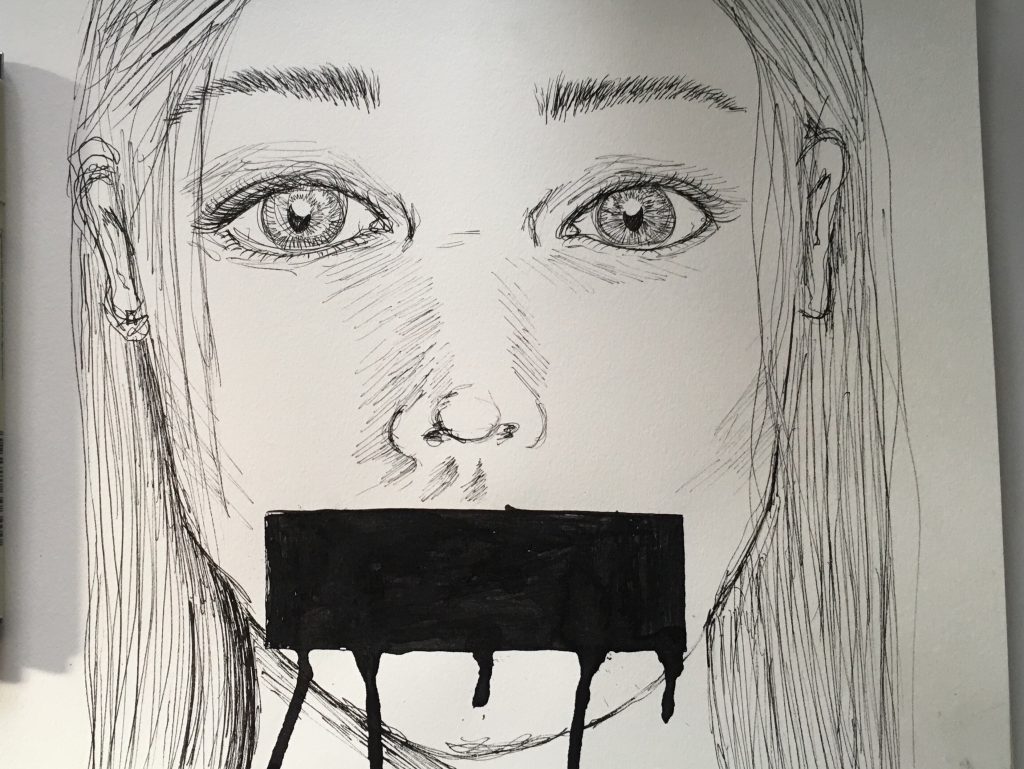For the past few weeks, the headlines of all news sources have been plastered with the latest sexual harassment scandal. Harvey Weinstein, Louis C.K, Ben Affleck, and countless other names of notoriety have been accused of numerous accounts of sexual harassment. With these accounts flooding the front pages of popular front pages, the public has now become numb to these allegations. Much of this due to the ignorance of what sexual harassment is. It can range from unwanted comments on the streets to forced sexual advancements. The media is now much more open about covering stories related to the topic; in the past, sexual harassment, especially in the workplace, was something people just had to deal with on their own. Victim accounts were seen as a highly private subject matter that was not to be discussed in the press. Due to the fact that these inflictions were not publicized, it was seen as almost shameful to have experienced sexual harassment.
The subject became, “out of sight, out of mind”. If it didn’t directly affect them, it did not matter. This mentality forced people to keep their stories hidden or face ridicule.
Many men and women face these issues everyday and are too afraid to say or do anything, remaining in the dark. However, the recent mass press coverage on sexual harassment has caused thousands of men and women to speak out against the issue and open up about their person experiences. “#MeToo” became wildly popular on Twitter and other social media outlets; this allowed for people all across the globe to connect and discuss the once muted topic. The hashtag became a rallying cry for those who went through similar experiences and wanted to be heard.
Sexual harassment and assault is also not something that just affects older people, it happens to all genders, ages, sexual orientations, etc. I remember being catcalled on the streets of NYC by a man in his thirties when I was just a 14 years old. No, it is not a compliment. And yes, catcalling is a form of sexual harassment. Catcalling is just one example of how people have become desensitized to sexual harassment. People argue that “they are just harmless remarks” or that “it should be flattering”; it is not recognized as an issue and people, mostly women, have had to accept behavior that should not be tolerated.
Our culture today has been trained to put up with sexual harassment. Women have been taught to act a certain way to avoid evoking provocative behaviors by peers. The media periodically addresses the issue, but tends to brush over the topic when something more surprising comes along. It is difficult for victims to speak up and address the issue when role models in society are engaging in offensive acts. From top directors in Hollywood to the President of the United States committing these crimes, it makes people wonder: how bad really is this issue?
The epidemic of accepting to live with sexual harassment has taken over the nation. Progress has been made; however, the continuing release of new shocking accounts of sexual harassment all means that more work needs to be done.
Julia Kim
staff writer
Graphic: Maraea Garcia

